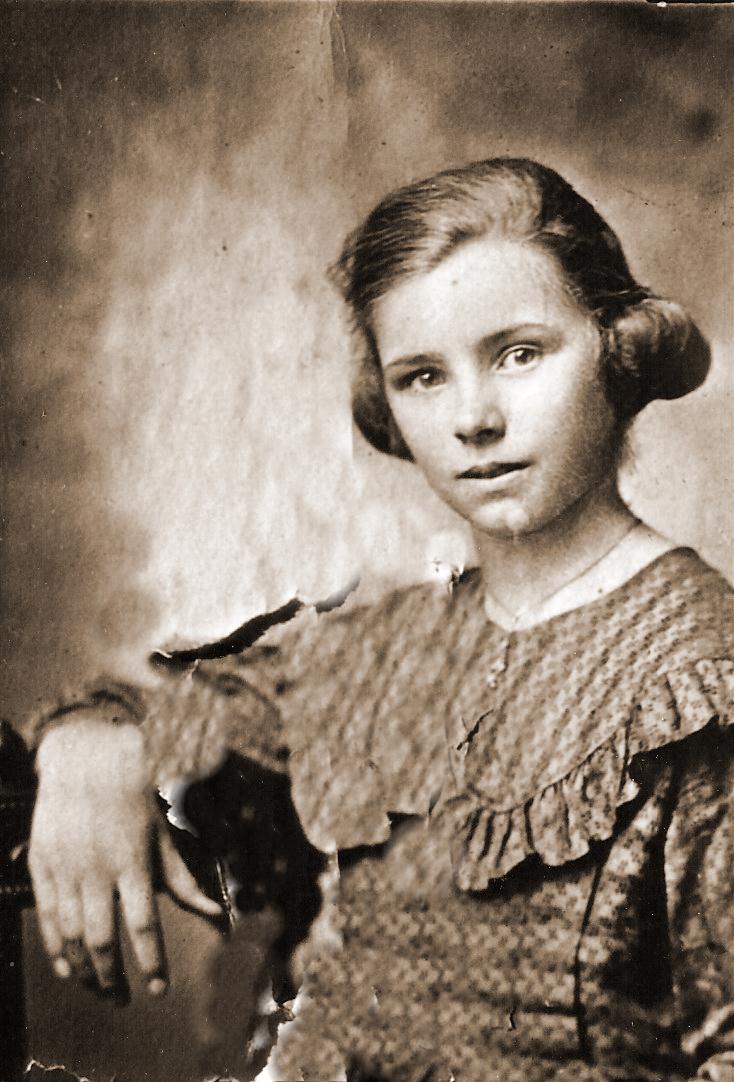ADLs and IADLs
Activities of Daily Living and Instrumental Activities of Daily Living describe basic skills for getting through the day. Sidney Katz is credited as the first to use this term in 1950. “The ability to perform activities of daily living (ADL), such as bathing or dressing, instrumental activities of daily living (IADL), like shopping and managing finances and mobility – the ability to walk without assistance- are essential to remain independent.” (See Bleijenberg et al.). Kelbling, et. al. state:
Functional decline is a common and important feature of ageing. It reflects how an individual′s limitations interact with the demands of the environment. Independence and participation in everyday activities are essential to older adults, and maintaining their autonomy plays a considerable role in ageing ‘successfully’. The inability to achieve everyday activities without assistance may suggest unsafe conditions and inferior quality of life. Therefore, it is important to assess the functional abilities of older adults.
ADLs are activities or skills necessary to manage a person’s basic physical needs. Typically, they include:
-
Ambulating: The Extent of an individual’s ability to move from 1 position to another and walk independently.
-
Feeding: The Ability of an individual to feed oneself.
-
Dressing: The ability to select appropriate clothes and to put them on.
-
Personal hygiene: The ability to bathe and groom oneself and maintain dental hygiene, nail, and hair care.
-
Continence: The ability to control bladder and bowel function.
-
Toileting: The ability to get to and from the toilet, use it appropriately, and clean oneself afterward.
IADLs are more complex tasks related to living independently. They include:
-
Transportation: The ability to plan for and manage transportation, either by driving or by organizing other means of transport.
-
Managing finances: The ability to pay bills and manage financial assets.
-
Shopping: The ability to organize and be aware of needed items and procure them, such as maintaining adequate groceries in the home for sustenance or shopping for necessary clothing and other products.
-
Meal preparation: The ability to manage everything required to prepare a meal, including safely operating cooking devices and food storage needs.
-
Housecleaning and home maintenance: The ability to clean dishes after eating, maintain living areas in a reasonably clean and tidy state, and keep up with home maintenance.
-
Managing communication with others: The ability to manage telephone and mail.
-
Managing medications: The ability to obtain medications and take them correctly as directed.
One article describes dependence as the inability to adapt or compensate to the environment around you. “Dependence is the main impact factor on health and quality of life, not only for the elderly but also for the caregiver and relatives.” A World Health Organization report states: “Older persons with disabilities are often denied their autonomy, and their role in the community is dismissed as irrelevant and burdensome.”
In the context of long-term care insurance, ADLs are used to determine if and when a policyholder can draw benefits under his/her policy. Typically, a policyholder must be “deficient” (unable to do) in two ADLs before he/she can begin to draw home benefits under his/her Long-Term Care policy.





